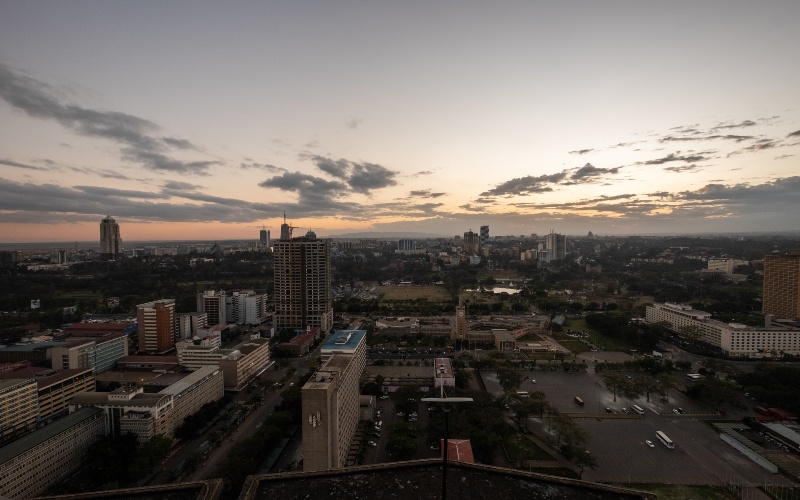Nile canal project raises alarm for Africa’s largest freshwater reserve

Critics warn that the canal could significantly shrink the swamp, potentially turning parts of the wetland into a desert, which would have devastating consequences for biodiversity.
Plans are underway to construct a 240-mile canal diverting water from the White Nile to Egypt, with funding expected from Cairo.
However, the proposed project has ignited concerns about its environmental impact, particularly on the Sudd swamp, Africa’s largest freshwater wetland.
More To Read
- Ethiopia declares Nile rights non-negotiable, rejects Egypt’s ‘colonial-era’ claims
- Sudan declares red alert as deadly floods, landslides kill thousands, displace thousands
- Details of Grand Ethiopian Renaissance Dam, largest dam in Africa
- Deaths, dollars, disputes: Inside Ethiopia's GERD mega dam as it launches
- Ethiopia inaugurates Africa’s largest dam amid Nile power struggles with Egypt, Sudan
- Egypt, Sudan discuss Ethiopia's Nile dam, affirm shared water security
The Sudd spans approximately 3,500 square miles and is visible from space. It is home to diverse wildlife, including one of the world’s largest mammal migrations, featuring 1.3 million antelope, along with crocodiles, hippos, elephants, and zebras.
Critics warn that the canal could significantly shrink the swamp, potentially turning parts of the wetland into a desert, which would have devastating consequences for biodiversity.
South Sudanese ministers supporting the project argue that it could address recurring floods in the region, which displaced thousands last year.
In February 2022, Vice President for Infrastructure Taban Deng Gai, whose constituency is among those affected by flooding, publicly backed the canal, stating that it could help mitigate floods and provide water for essential use.
He also noted that the canal's construction would enable water to reach those in need, particularly in Egypt.
“For our land not to be submerged by flood, let’s allow this water to flow to those who need it in Egypt," he said.
Contentious issue
The canal, initially conceived by British engineers in 1904 and partially constructed before being halted by civil war in the 1980s, has resurfaced as a contentious issue in independent South Sudan.
A presentation by former water minister Manawa Peter Gatkuoth to the Council of Ministers in December 2021 highlighted the canal's potential to irrigate 7.5 million acres of land.
Hydrologists, however, have raised alarms about the project’s broader ecological implications. They caution that reducing evaporation from the swamp could diminish rainfall essential for farming and rainforests across the region.
An assessment estimated the Sudd’s total economic value, including its ecological, cultural, and biodiversity benefits, at £2.6 billion. Experts warn that even if the swamp is not entirely drained, its ecosystem could undergo irreversible changes.
While proponents of the canal emphasise its potential economic benefits, including harnessing the swamp’s resources for development, opponents remain steadfast in protecting the Sudd’s fragile ecosystem.
The environment ministry in South Sudan has expressed strong resistance to the project, underscoring the need to balance developmental ambitions with environmental conservation.
The ministry said any dredging is illegal until environmental and social assessments are completed.
As debates intensify, the future of the canal hangs in the balance, with its complexities likely to challenge any swift implementation.
Top Stories Today












































